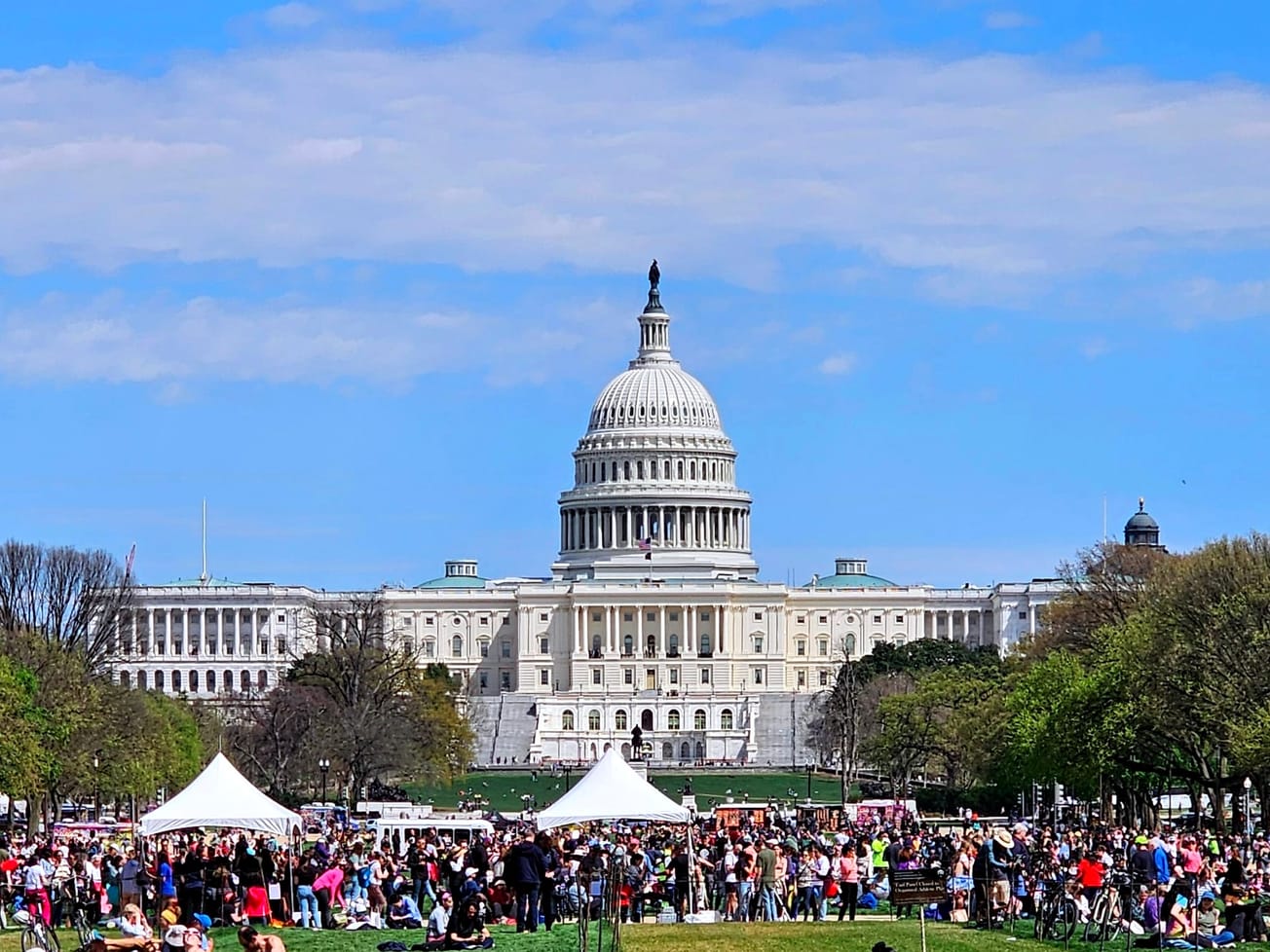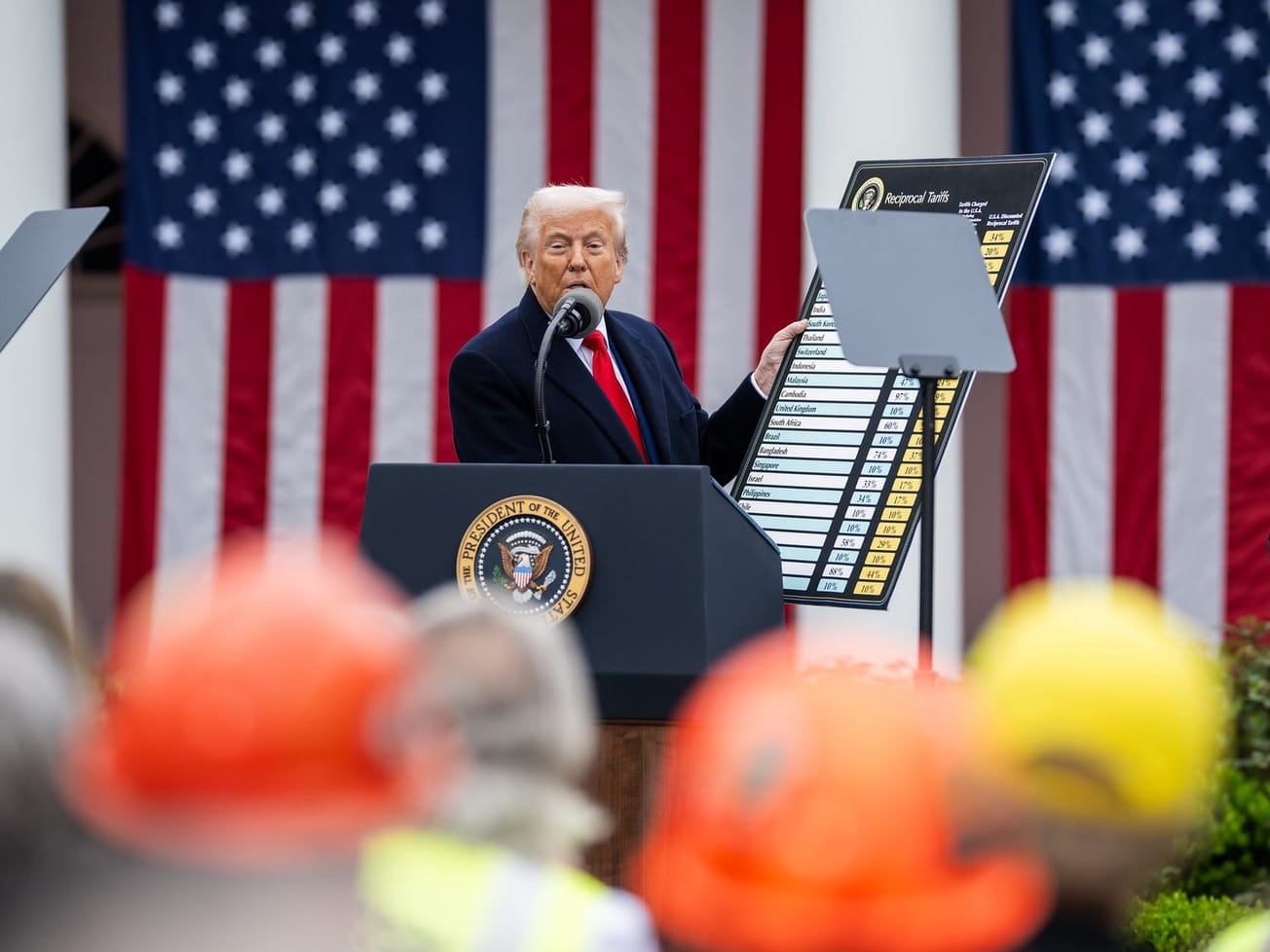A shooting attempt on Donald Trump's life adds to concerns over what international organizations call a decline in U.S. democratic institutions – and worries about the spread of political violence in democracies globally.
U.S. President Joe Biden used an Oval Office address on Sunday to urge Americans to “lower the temperature in our politics" as the heated presidential election gears up for the November election.









